HEIP Rennes celebrates its 125th anniversary: A study day on the Dreyfus Affair and its posterity
More than a century after its creation, HEIP in Rennes is returning to the roots of its academic and civic commitment by examining the Dreyfus Affair. A retrospective and forward-looking look at a struggle for justice and the rule of law that still resonates today.
When we think of the Dreyfus Affair, we immediately think of a denial of justice, a real fracture in French public opinion, but also a remarkable political awakening. We often forget, however, that this scandal was also behind the creation of the École des hautes études sociales, now the Hautes études internationales et politiques (HEIP). Founded in 1899, in the wake of the Rennes review trial, the school already embodied the values of knowledge, dialogue and intellectual commitment.
To mark its 125th anniversary, HEIP organized, in partnership with the Revue politique et parlementaire, a study day entitled L’Affaire Dreyfus 125 ans après: quelle postérité, quel sens? Held on December 19, 2024 on the Omnes Education campus in Rennes, the event brought together historians, jurists and political scientists to analyze the contemporary resonance of this event and the lessons it continues to inspire.
Prestigious guests for in-depth reflection
The study day was also attended by leading political figures. Pierre Méhaignerie, former Keeper of the Seals (1993-1995) and former Mayor of Vitré (Ille-et-Vilaine), presided over the debates. Méhaignerie, who was also a member of parliament for 30 years, spoke of the rather paradoxical place held by the Dreyfus Affair in his historical memory. Indeed, while for him the event is the source of a diffuse, almost evanescent memory, the lessons he drew from it have in many ways guided his public commitment: concern for justice, respect for others and, ultimately, the rule of law.
Françoise Gatel, the French Minister for Rural Affairs, Trade and Crafts, also underlined the lessons of the Affaire. Speaking more directly to the students at HEIP-Rennes, she invited them to commit themselves to serving the community, to playing their part in public life. Many students were impressed by these exchanges. It’s true that a conversation with a member of the government is necessarily a solemn moment, all the more so as the organizers had insisted on keeping the Minister’s arrival a secret right up to the last moment. As Anna, a B2 student, reminds us, “It’s one thing to discuss politics with fellow students, but it’s quite another to talk directly to ministers! As for Côme, he appreciates the importance of this meeting: “This high point reinforced my desire to contribute, in my own way, to the debates and actions that shape our society”. And this B2 student adds that, in his eyes, “HEIP continues to be a place where these ambitions are cultivated, where history and the future intersect to form the committed citizens of tomorrow”.
Legal perspectives
On a more strictly academic level, this study day began with a round table devoted to the legal and political consequences of the Dreyfus Affair. Laurent Malka, jurist and lecturer at HEIP-Rennes, explained how the Affair helped redefine the guarantees of fair justice. Gaëlle Rondeau, jurist and lecturer at HEIP-Rennes, contrasted the Dreyfus Affair with the Armed Forces’ #Metoo: a way of questioning respect for the rule of law within the military institution 125 years apart. Finally, Jane Wilson, Professor of English at HEIP-Rennes, gave a Shakespearean analysis of the Affair, examining its reception across the Channel from a legal perspective.
The Dreyfus Affair and collective memory
These approaches contrasted sharply with the analyses of historians. While political scientist Jean Roger, professor at HEIP-Rennes, has analyzed occurrences of the Affaire in executive speeches in France since 1981, Erwan Le Gall is much more reserved about the event’s posterity. Referring to a June 6, 1917 session of the Senate’s Secret Committee, he recalled that Paul d’Estournelles de Constant – winner of the 1909 Nobel Peace Prize and a former lecturer at HEIP – likened the conduct of the war to a “worldwide Dreyfus Affair”. But this paper also showed that this thunderous denunciation had no echo, as if the aura of the event had been swept away by the hundreds of thousands of deaths accumulated in the trenches. Adrien Champroux, a lecturer at HEIP-Rennes, makes a similar observation when he studies the posterity of the Dreyfus Affair within the FN/RN ideology. While this party has been trying to pre-empt a certain memory of the Resistance since its foundation, and the party now led by Marine Le Pen intends to present itself as a defender of Israel and a bulwark against anti-Semitism, it has to be said that the Dreyfus Affair is never mobilized as part of this “dediabolization” maneuver.
Ultimately, this major political and judicial crisis is at the heart of a strange paradox. While its memory is fading, the lessons to be learned from this event are as relevant as ever. Hence the importance of the work carried out by the teams at the Musée de Bretagne, presented by curators Céline Chanas and Laurence Prod’homme. Because behind the museographic stakes, it’s a real public policy that’s at stake here, since this facility is operated by Rennes métropole. In other words, how can this museum become the ideal tool for the local authority to educate as many people as possible about justice, freedom of the press and the rule of law – all of the great lessons that the Affaire continues to teach us every day?
In choosing to revisit the Dreyfus Affair on the occasion of HEIP’s 125th anniversary, the Rennes team has taken the gamble of anchoring an academic reflection on public affairs in a dual approach. Firstly, the Omnes Education campus in Rennes is located just a few hundred meters from the site of Captain Dreyfus’ 1899 retrial. But by taking a much broader, even transnational perspective, the organizers also wanted to question our relationship with justice, truth and civic commitment. More than ever, the Affaire resonates as a call for vigilance and the transmission of knowledge. The proceedings of this study day will shortly be published in the Revue politique et parlementaire.
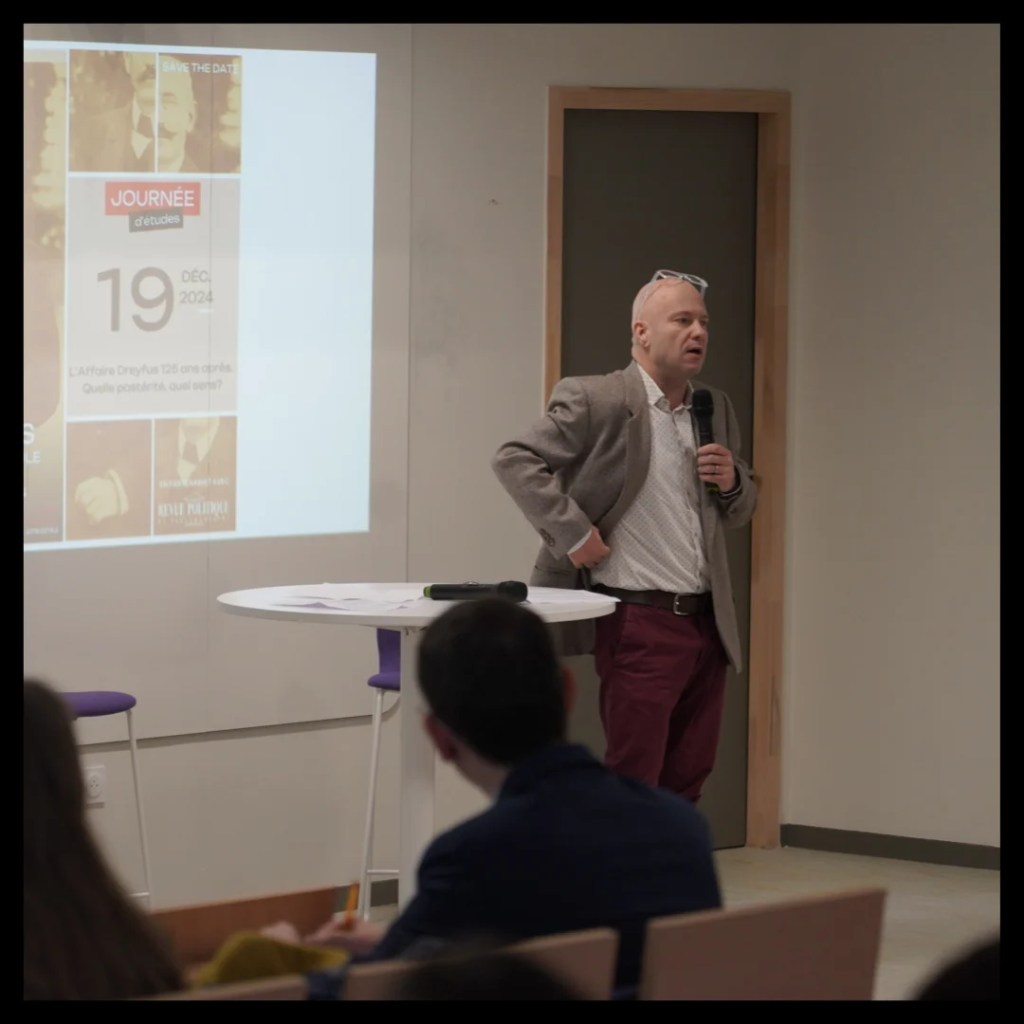


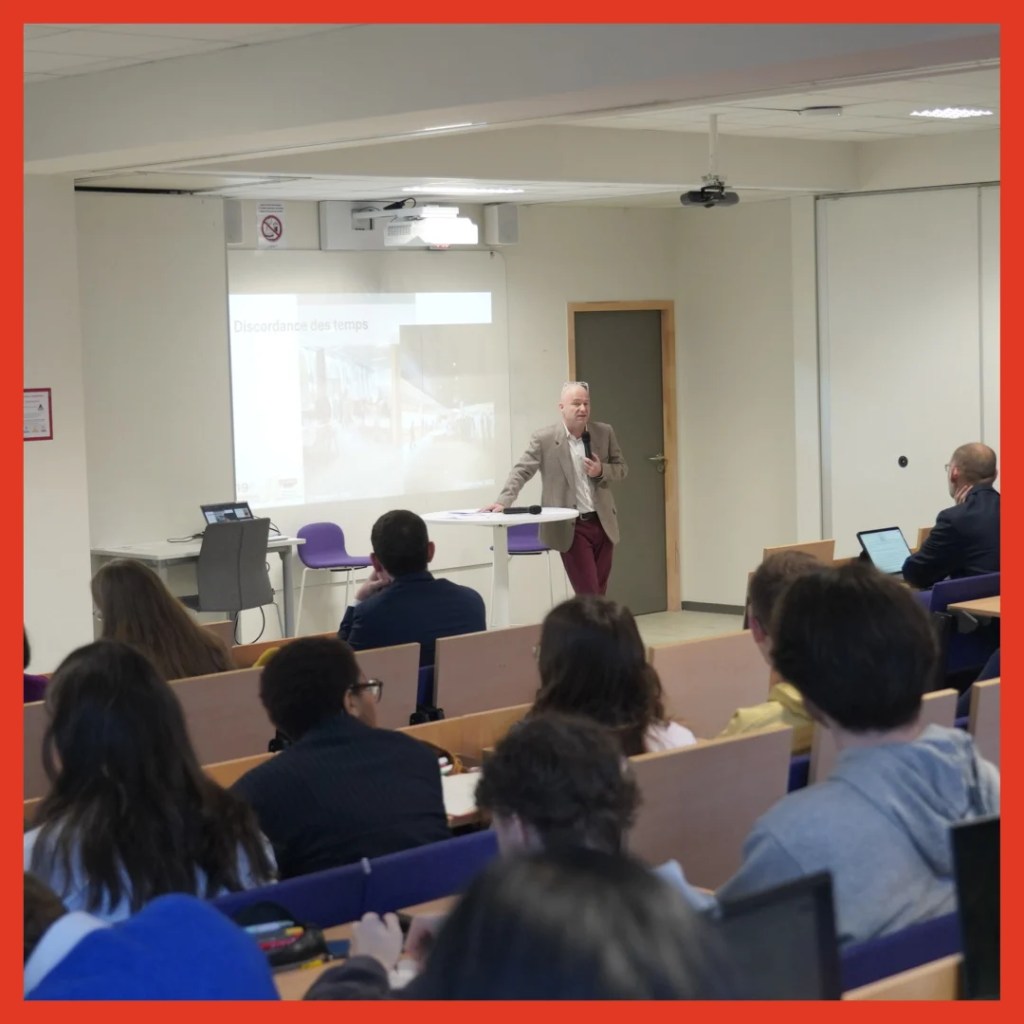
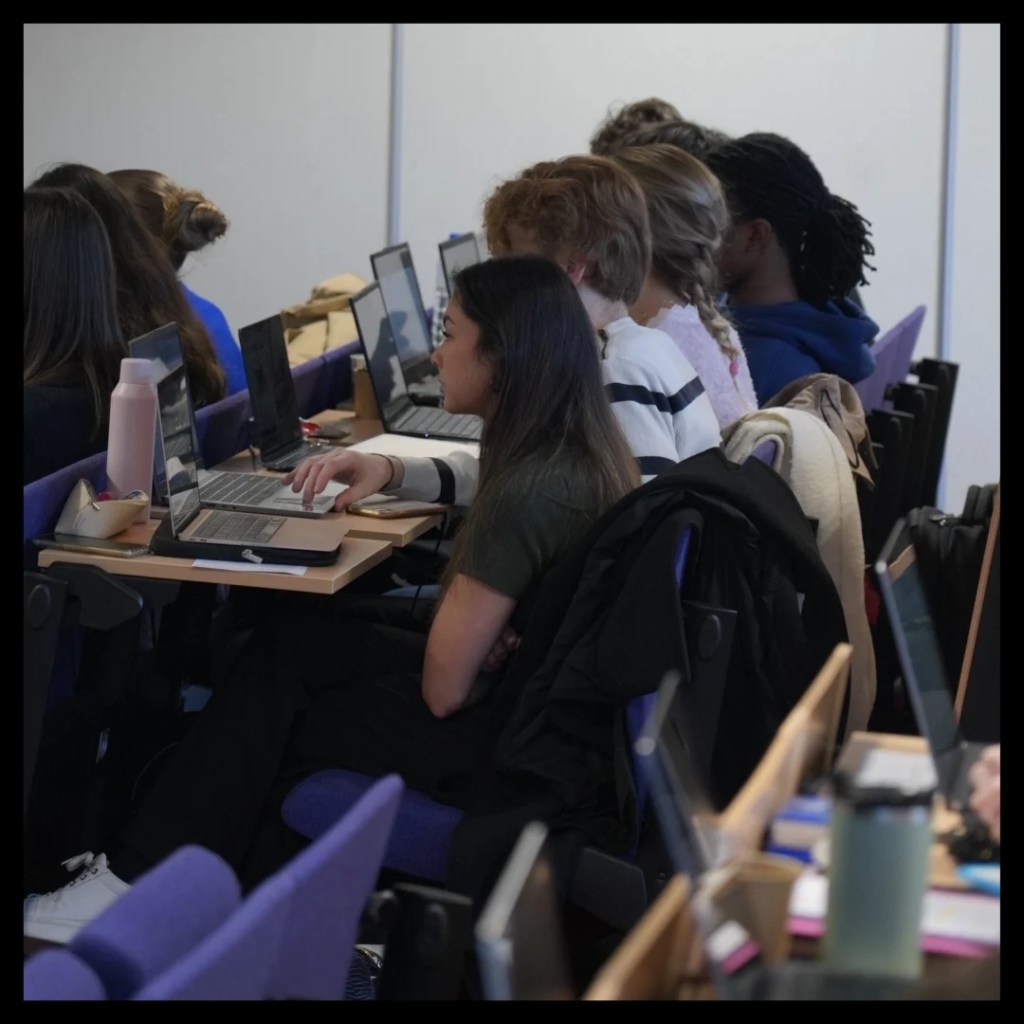
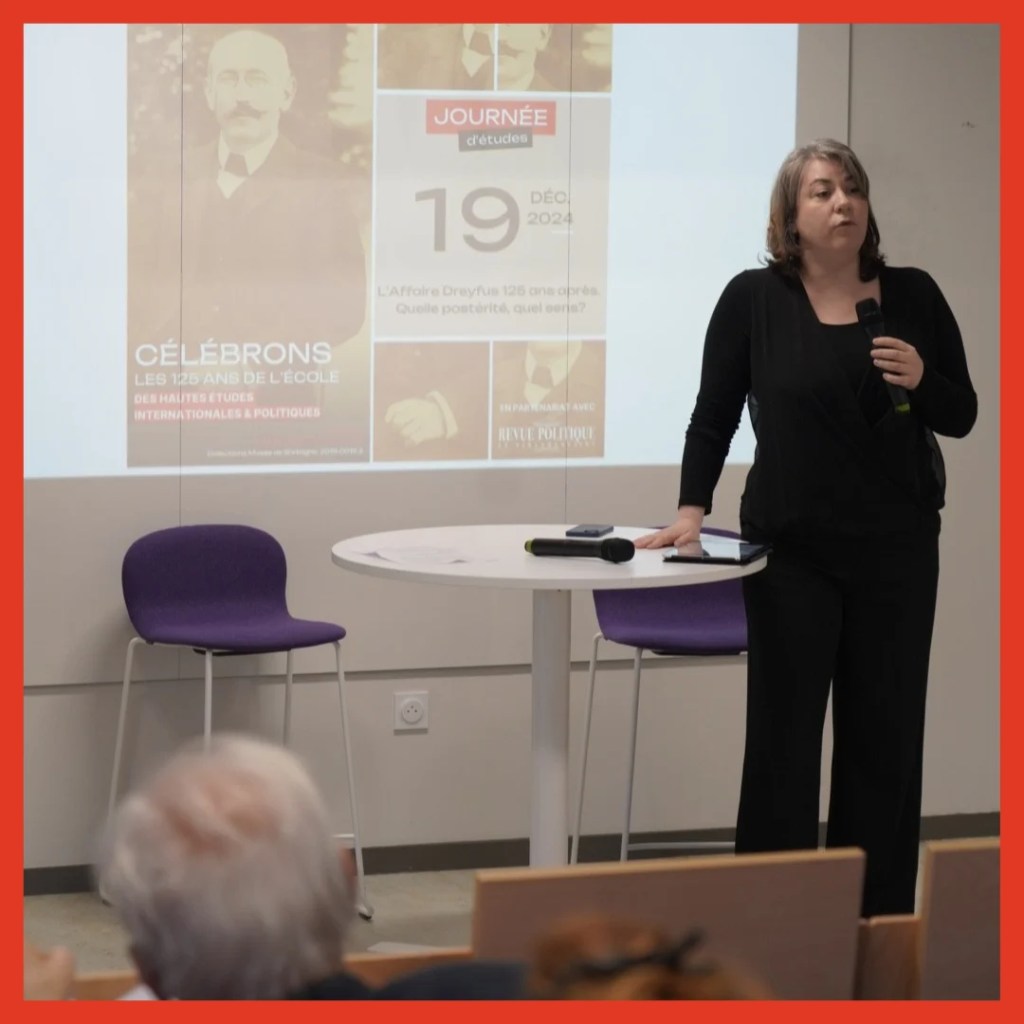
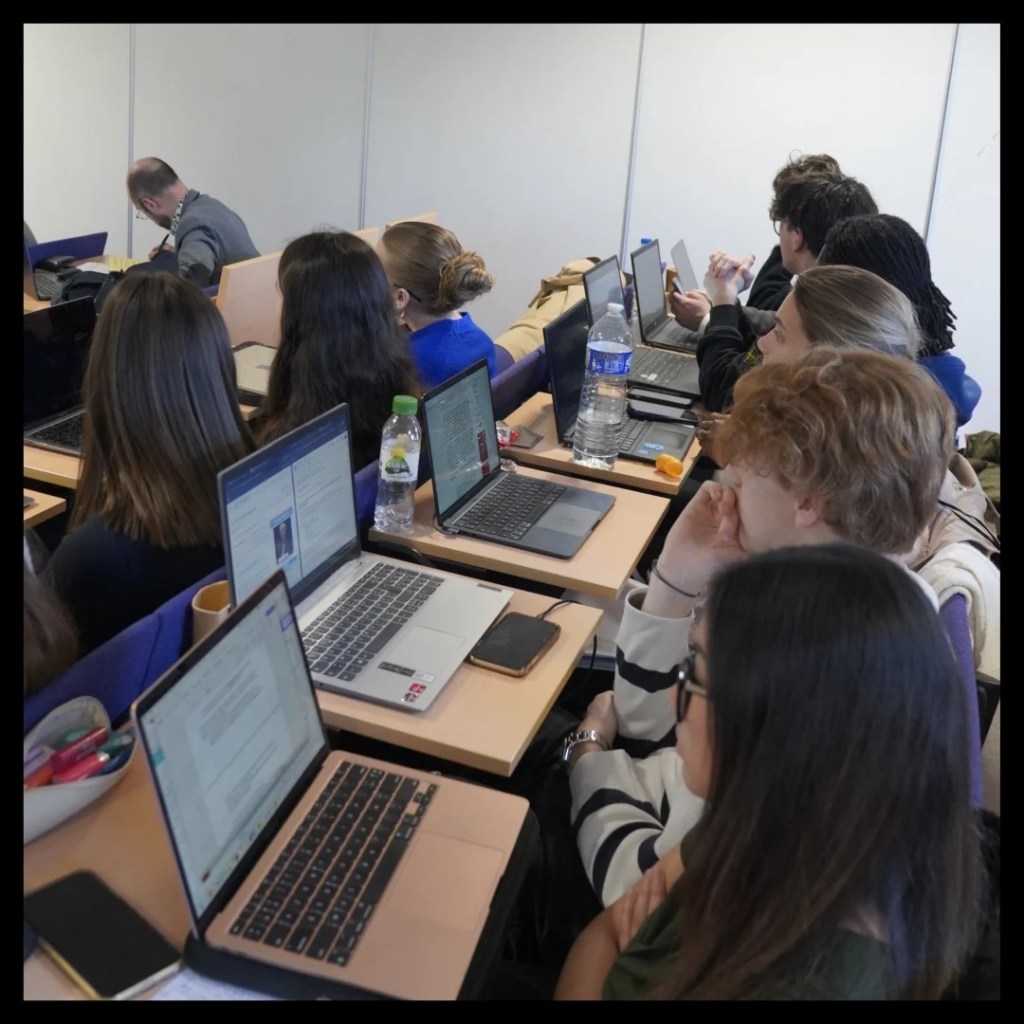
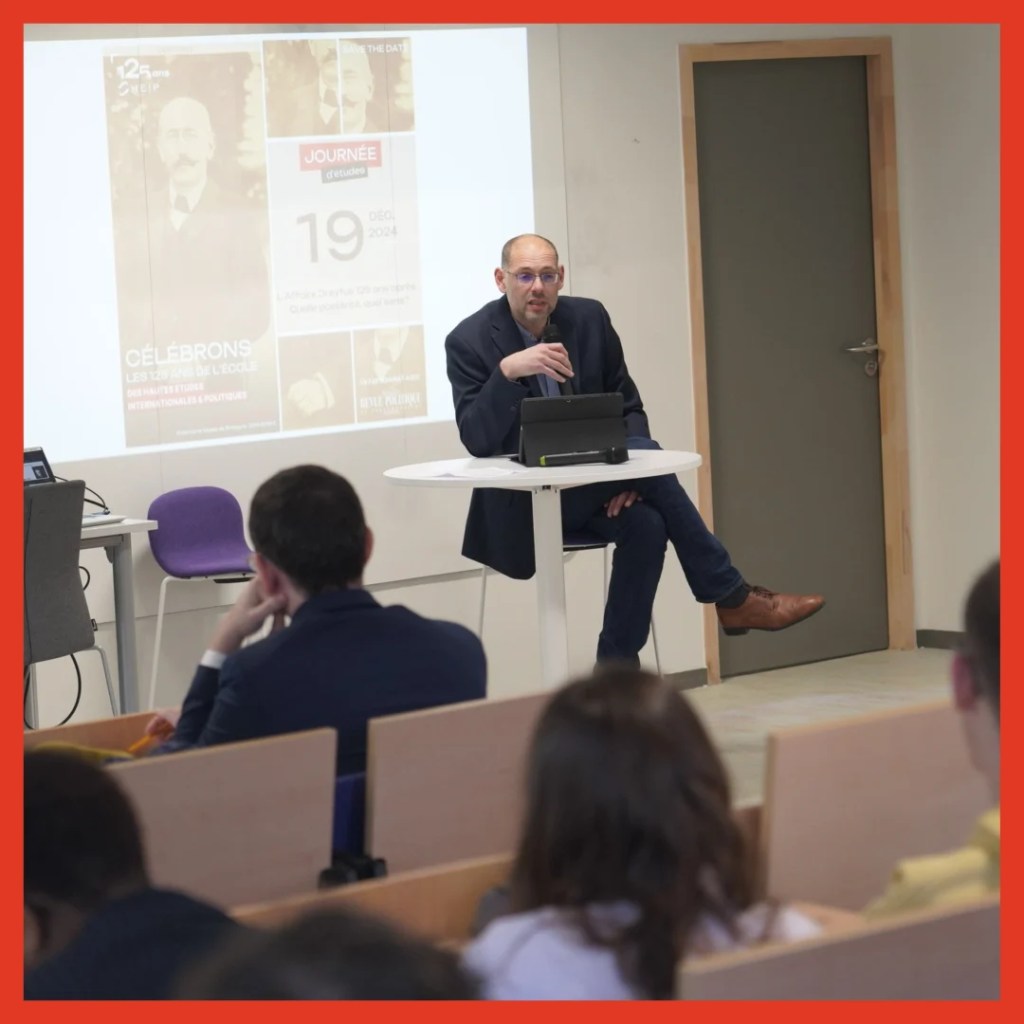
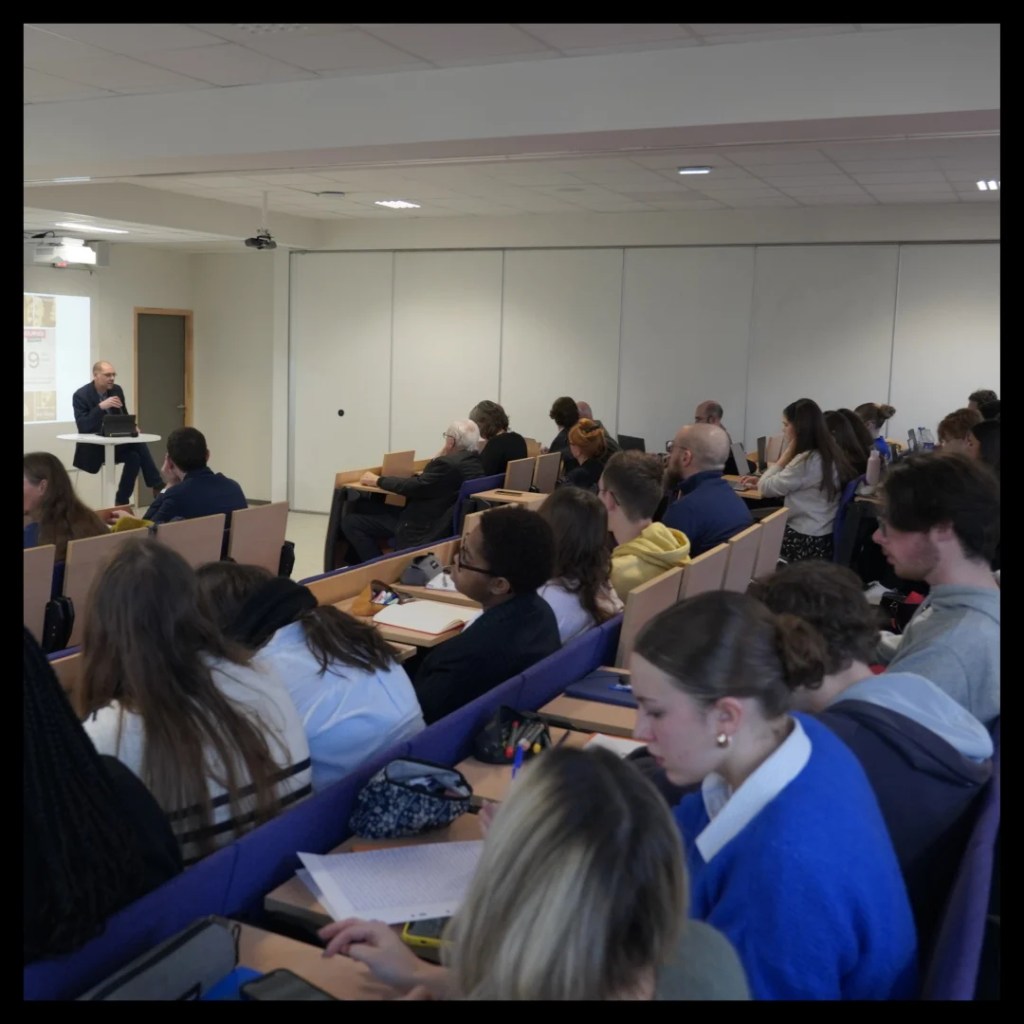
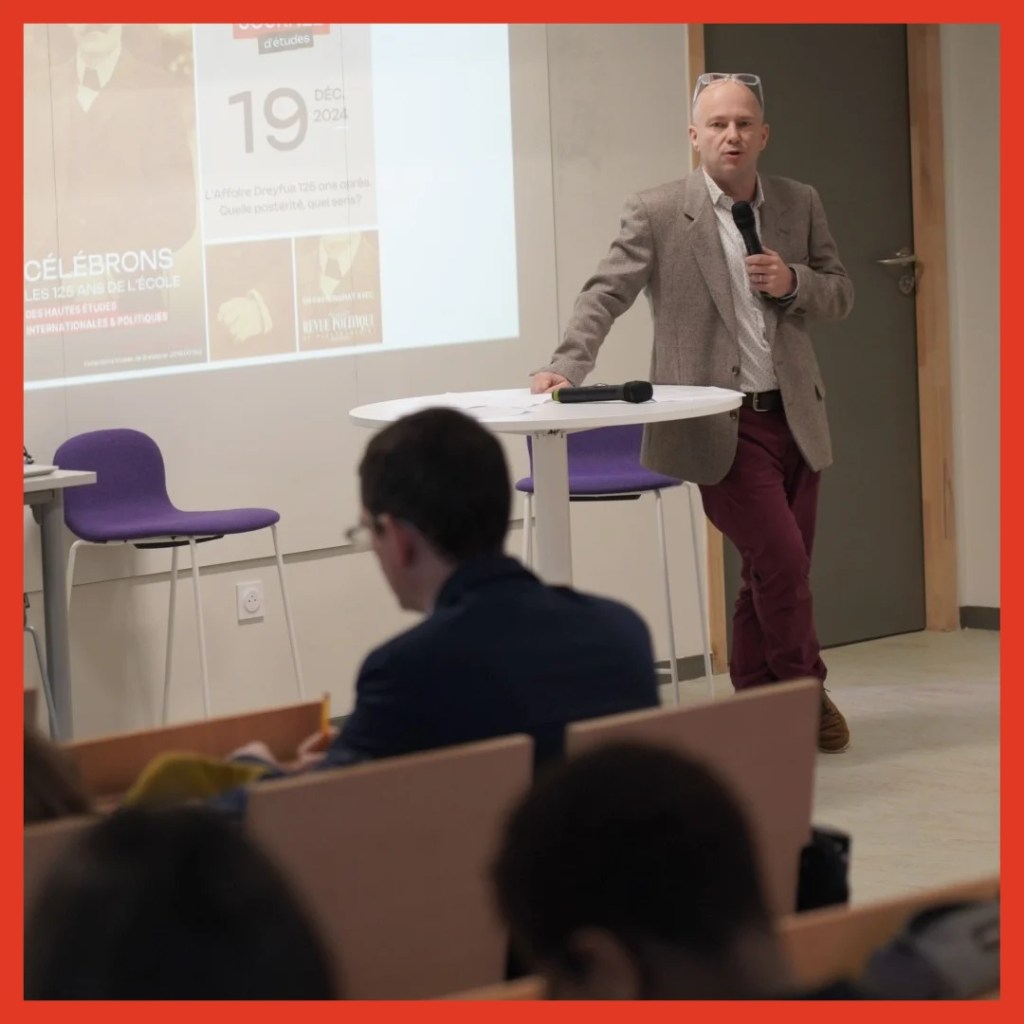
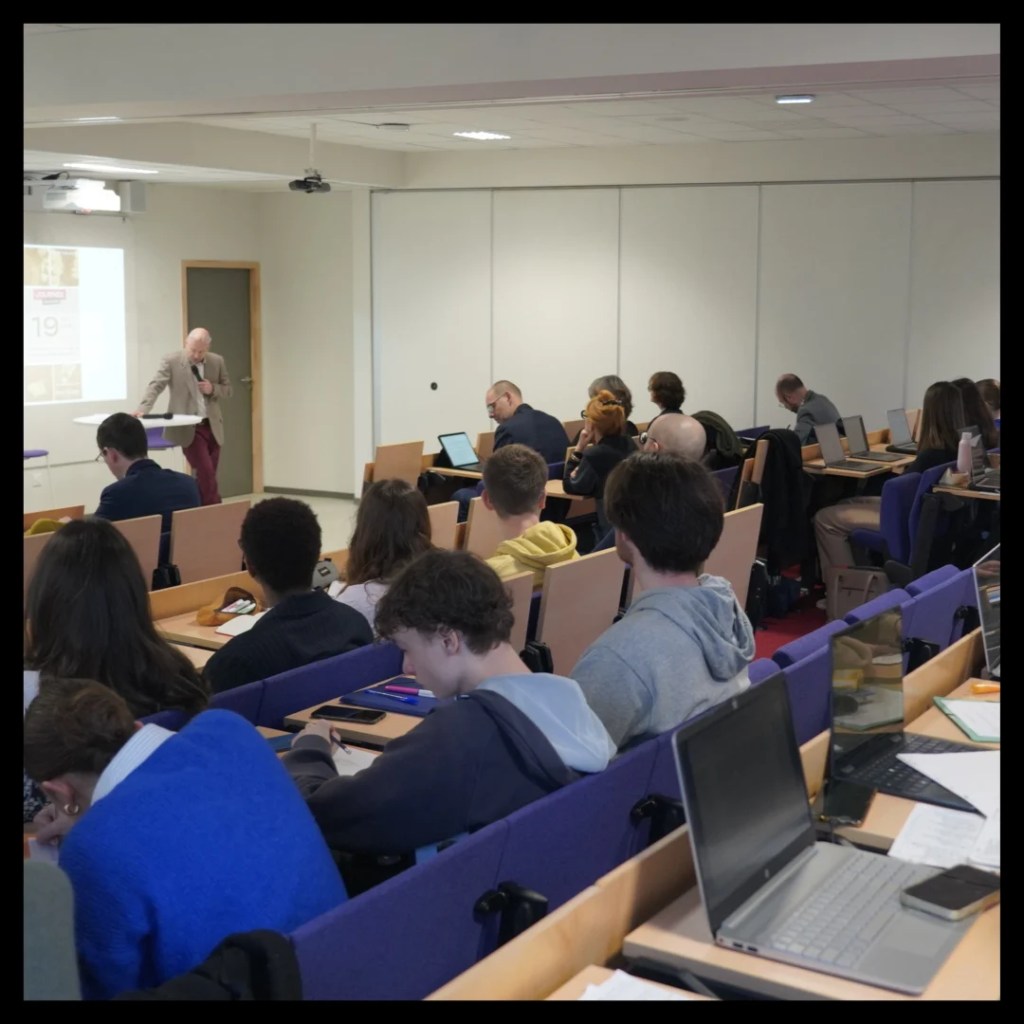
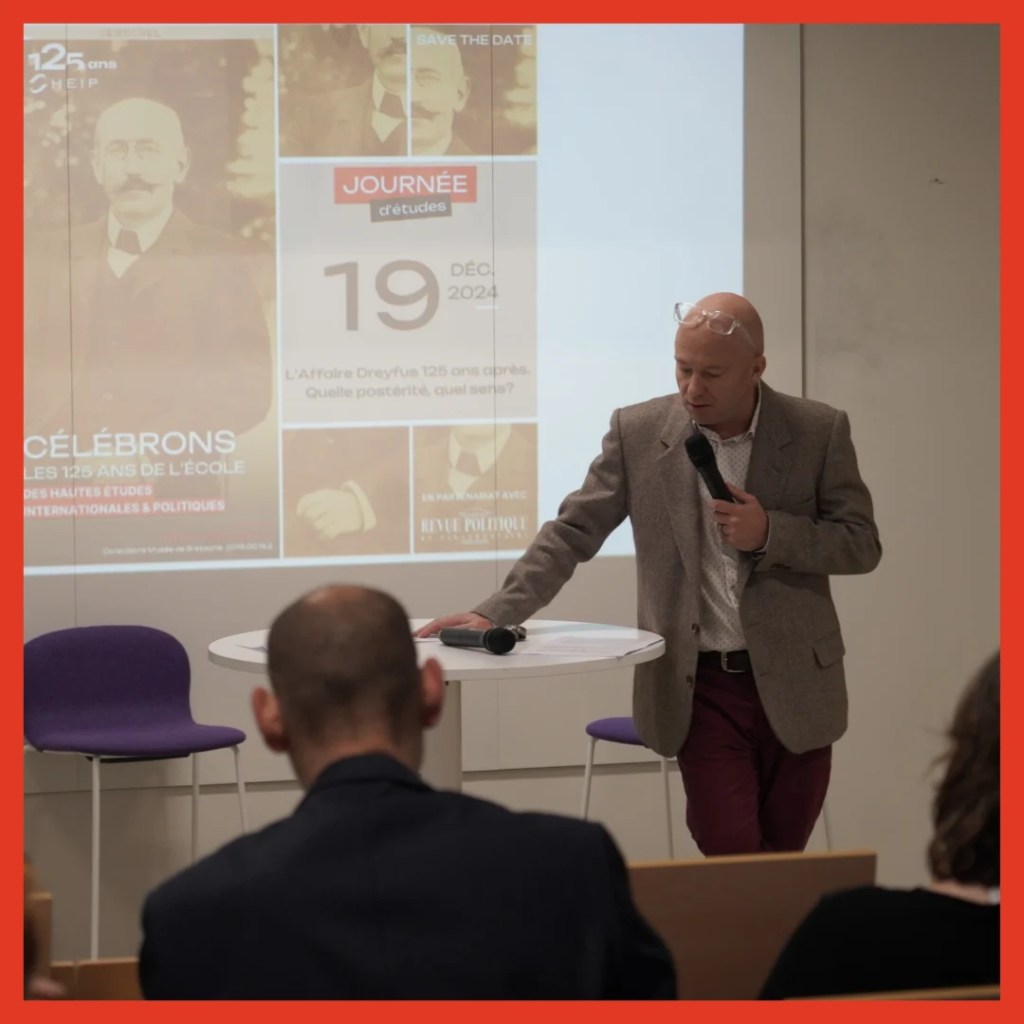
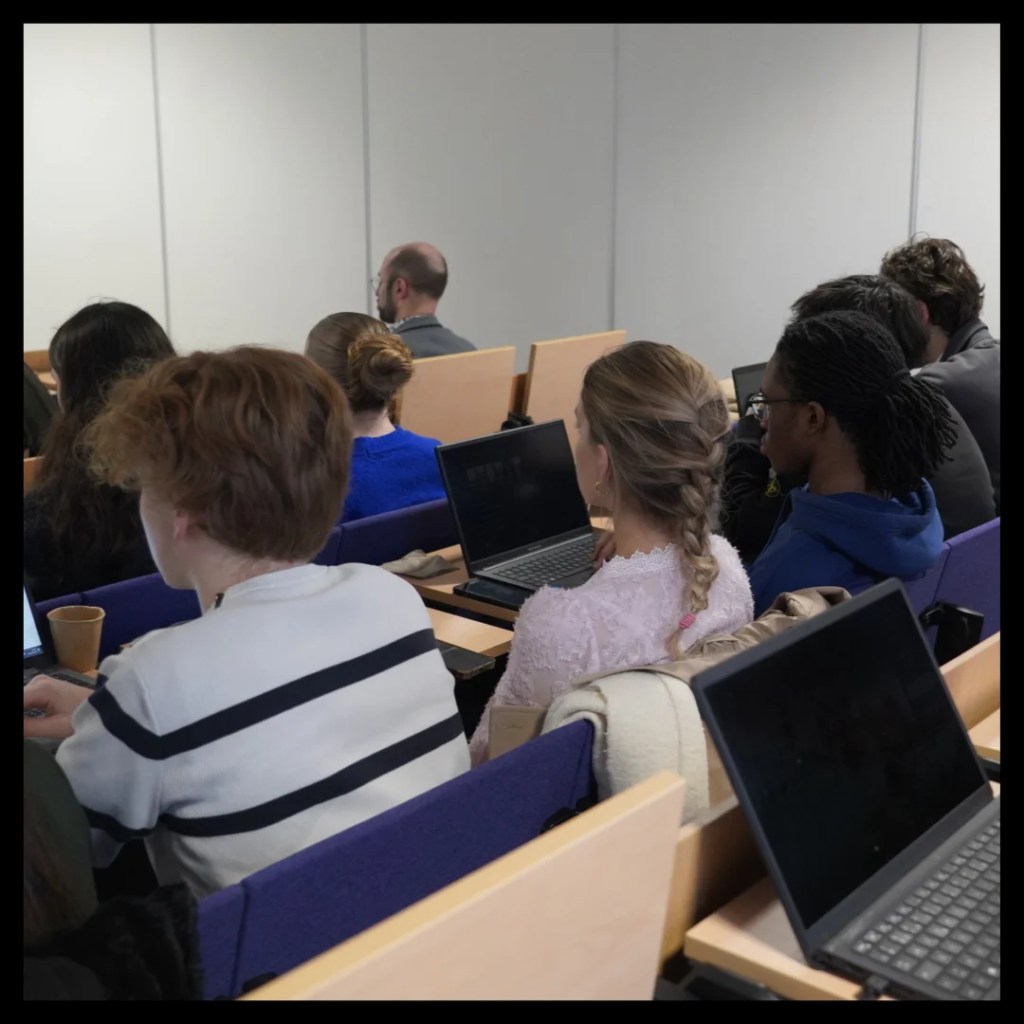
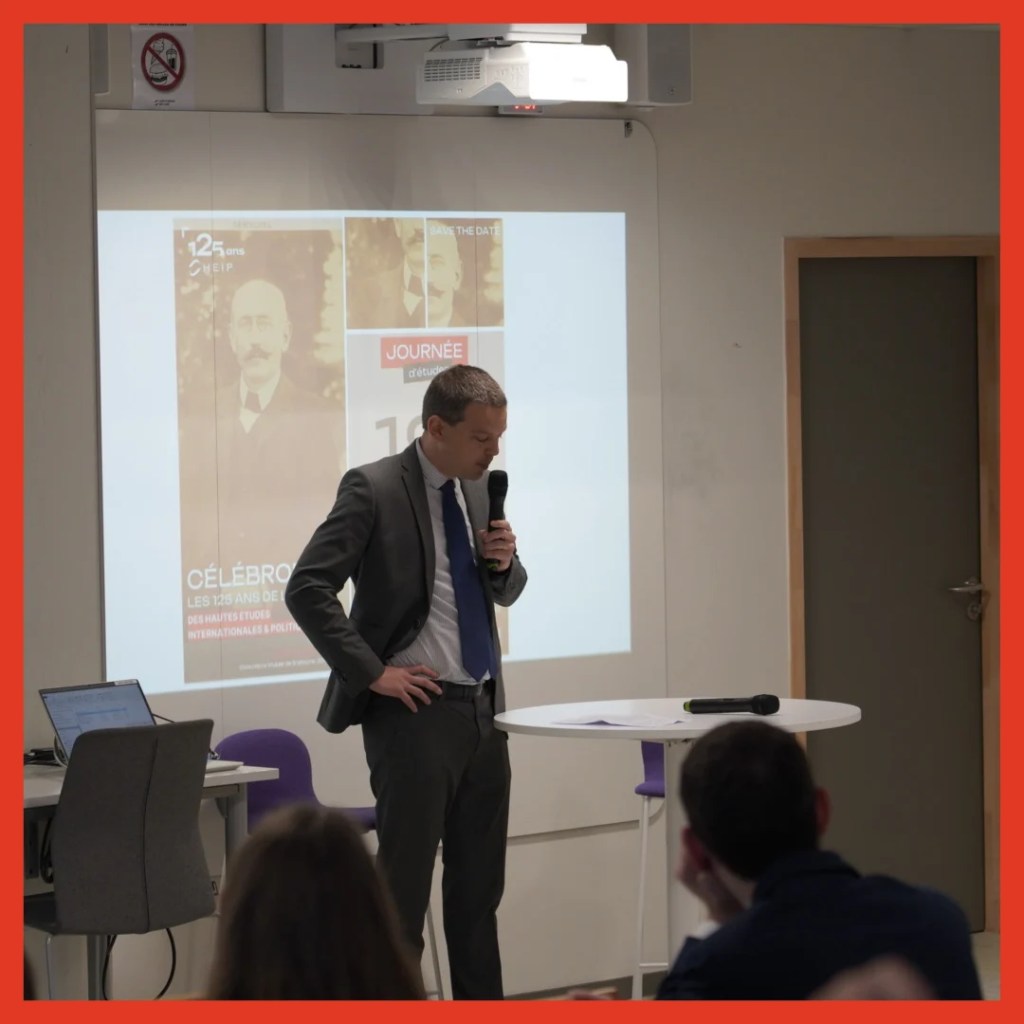

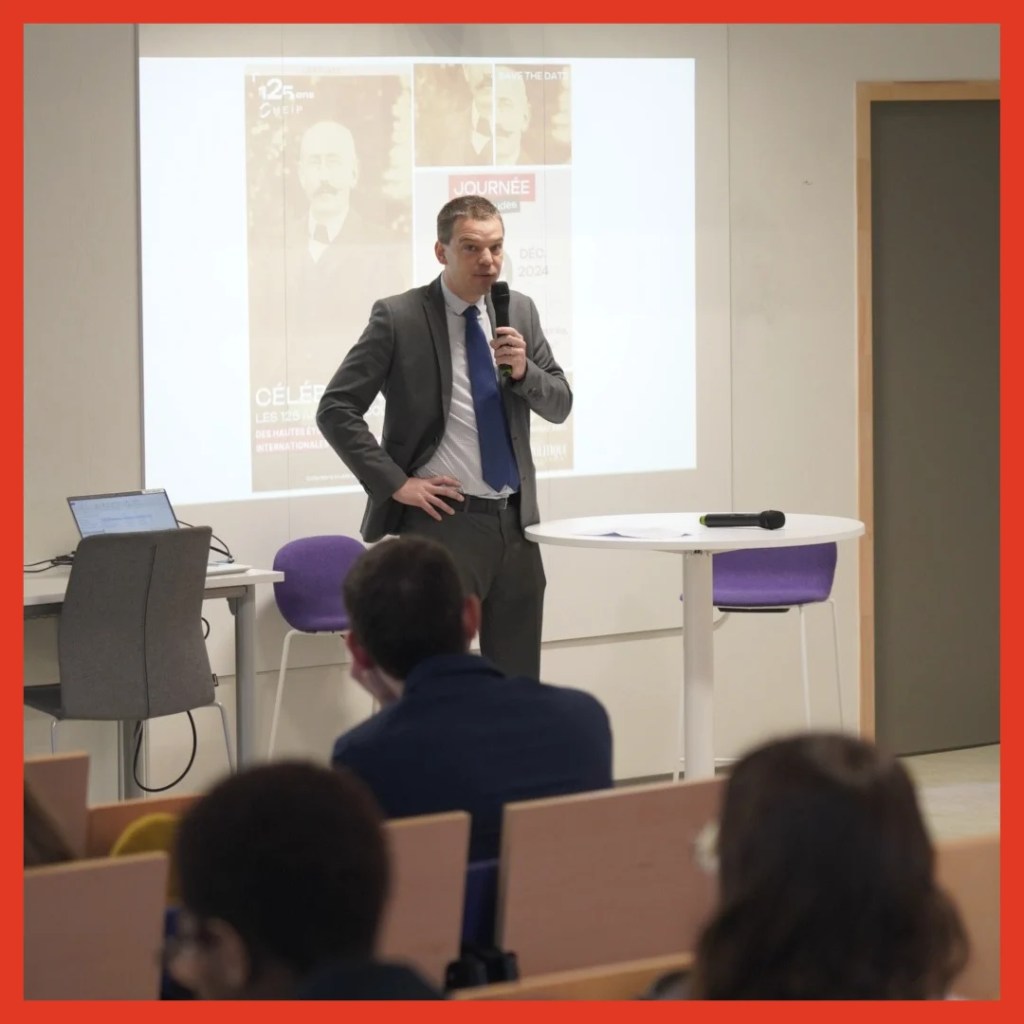


Last update on



